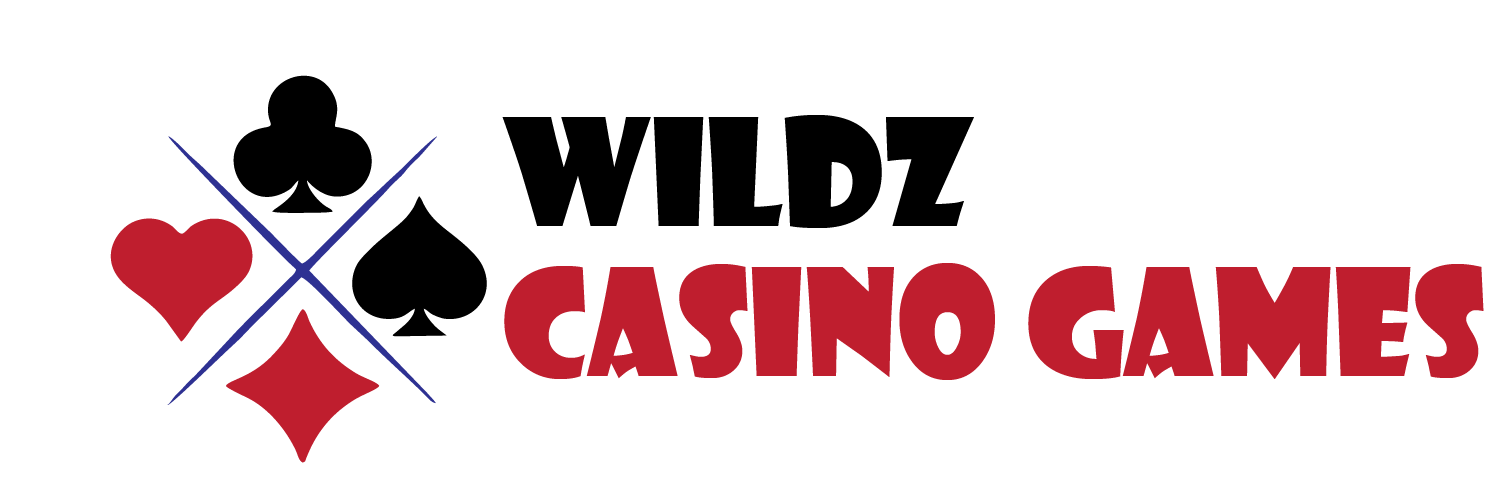Craps is both an act of skill and chance, with an experienced player understanding how to bet to push the odds in their favor. This article will delve into its history.
Bernard Xavier Philippe de Marigny de Mandeville introduced the game to America through drastically simplified rules that he demonstrated to lower-class workers in Louisiana. These individuals named it craps; possibly from its French origin “crapaud”, meaning toad.
Origins
Craps has many theories surrounding its roots. Some suggest that it was developed from an English dice game called Hazard that has its origins dating back to Crusades; whereas, others maintain it grew out of African-American riverboat games in America during the 19th century.
Craps was given its present form following British control over Acadia ended and French migrants moved south. Bernard de Marigny introduced modern craps in New Orleans but his version allowed players to cheat; John W. Winn responded with the introduction of simpler betting options such as his Don’t Pass bet which became widely played throughout Louisiana and beyond.
Rules
Craps is one of the most social dice games available, and players often adhere to informal rules of etiquette when playing it. This can lead to variations in how it’s played – for instance there are various betting and progressive systems used by players that give them an edge against the house.
Craps likely descended from an English dice game called Hazard, first mentioned by Chaucer’s Canterbury Tales in 14th-century England. It may have acquired its current name due to players hunching over as they threw dice down onto tables; therefore giving rise to French word crapaud (toad), possibly reflecting this position as players threw dice down onto tables.
Bets
Craps is one of the world’s most beloved casino games, dating back millennia. Thought to have originated from various forms of dice gambling, today Craps can be found playing worldwide casinos – particularly those located in North America and Great Britain.
After the Crusades, Azzahr and Hazard gained in popularity due to knights returning home with gold, exotic fruits, spices, as well as popular Arabian dice games such as Azzahr and Hazard.
But the game created controversy due to various sets of rules. 19th-century dice maker John Winn provided a solution by standardizing the layout of craps tables and creating what became known as the Don’t Pass Bet.
Odds of winning
Craps odds payouts depend on the total combinations that will result in a specific total, such as six possibilities to achieve sevens on any roll of the first die. As there are only six ways for this number to occur, these chances can only come up occasionally after each die is rolled.
Few people know exactly who invented modern craps, though most agree it stemmed from a simplification of an earlier dice game known as hazard. Two men in particular are often mentioned when discussing its history: New Orleans entrepreneur Bernard de Marigny is often mentioned due to creating simplified uniform rules that could travel up the Mississippi river on gambling steamboats; and John H. Winn was instrumental in revolutionising it by designing a layout which made cheaters less likely to use weighted dice.
Legality
Craps has quickly become one of the world’s favorite casino games. Its history spans ancient Rome to medieval England to modern America. Many believe that Craps originated in Acadia (French for “acadian”) which included Nova Scotia; when this region changed hands to England many residents moved southward to Louisiana and introduced their version of Craps there.
Though its exact origins remain elusive, most believe that poker derived from an old English dice game known as Hazard. Soldiers during Crusades would use it as a form of distraction while waiting for battle; later it spread through taverns before finally arriving in casinos as tables bustling with lively players and spectators alike.
Casinos
Craps is one of the most beloved casino games and can be found at virtually all legal gambling establishments worldwide. Recently, its popularity has skyrocketed thanks to Internet technologies and online casinos; like other forms of gambling games, craps is also social in nature and adheres to various unwritten etiquette rules that players are expected to abide by.
No matter its recent decline in popularity, craps is still one of the most recognizable games around. It has appeared in Hollywood movies and its unique language has become part of everyday language. Played by all ages and backgrounds alike for real money or simply for entertainment’s sake, people of all backgrounds enjoy it and can experience its thrill either for real or simply to see how dice roll.

